Learning about Leading. Lesson 3: carry the song
Deborah’s song. Sometimes known as Deborah and Barak’s song. But Deborah is the one who sings it (the verbs are first person, singular, feminine, in the Hebrew).
Found in Judges chapter 5. Deborah is the one female judge to feature in this collection of judges of Ancient Israel. She is also named, prophet. Not many women in the Bible are named prophet.
Barak was the general of her military.
This song follows the story of a great military victory. And I was invited to tell six verses of the song for a fellow storyteller’s project, in which a number of clergy women told small portions of Judges 5 and reflected on it in light of their own practice of leadership.
Judges 5:13-18
Then down marched the remnant of the noble;
the people of the Lord marched down for him against the mighty.From Ephraim they set out into the valley,
following you, Benjamin, with your kin;
from Machir marched down the commanders,
and from Zebulun those who bear the marshal’s staff;
the chiefs of Issachar came with Deborah,
and Issachar faithful to Barak;
into the valley they rushed out at his heels.Among the clans of Reuben
there were great searchings of heart.
Why did you tarry among the sheepfolds,
to hear the piping for the flocks?
Among the clans of Reuben
there were great searchings of heart.Gilead stayed beyond the Jordan;
and Dan, why did he abide with the ships?
Asher sat still at the coast of the sea,
settling down by his landings.Zebulun is a people that scorned death;
Naphtali too, on the heights of the field.
1. She sings
Deborah, leading her people, sings.
She sings the story of the battle. She sings the story of their victory.
To sing is an appropriate act of leadership from women, from prophets. The first person named ‘prophet’ in the Hebrew Bible / Old Testament is Miriam. And, following a song from her brother Moses, Miriam also leads the people in song.
I sing.
Well, I compose prayers and poetry and song words for the community to sing their story, their song.
I compose poetic words to carry us through moments of joy and sorrow.
To lead is to lead the people in their song, their singing.
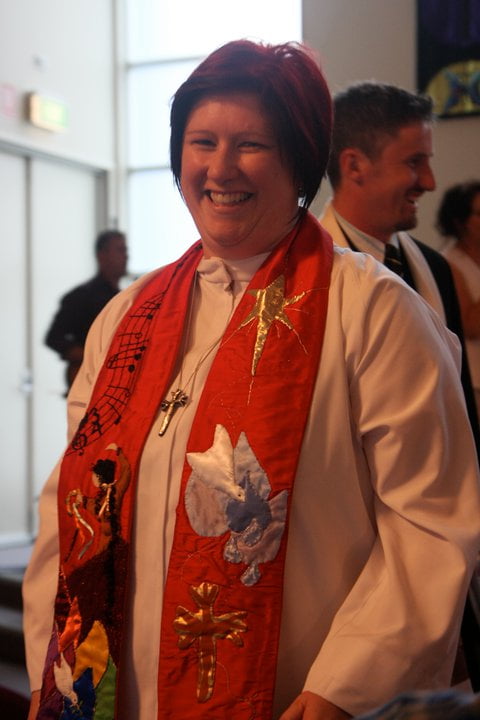
the woman dancing in my celebration stole is Miriam, first prophet named so in the Bible, who like Deborah, led her people with singing
2. She points to God
Sometimes in the Sacred Scriptures, the picture of God seems to be of a violent military commander or mastermind. In this story of Deborah, for example, and I wrestled with that picture in a poem-prayer for my other blog, Pray the Story.
Sometimes the story tastes sour
with Judges 4:1–7
Holy One of the Sacred Story,
sometimes I do not understand.That you hear the cry of Israel
oppressed in Canaan, twenty
years oppressed by cruel hands –
I do see you, Merciful One.That you speak redemption
through prophet-judge Deborah,
end to misery by their own hands –
I do see you, Faithful One.That you promise to deliver
the oppressor through battle,
ten thousand swords in hand –
I try to see you, Justice.That you choose to work
through human ones, women
as well as men –
I do see you, Holy Partner.But must I see you descending Tabor
before Barak and ten
thousand solders’ swords,
leaving not one of Sisera’s
men alive?Must I see your hand in Jael’s,
rending peace with tent peg
and hammer, not
one left?Is that really you, subduing
one army through the weapons
of another, redeeming some
humans, rejecting others?Holy One of the Sacred Story,
meet me here as I know you,
Justice, Mercy, Steadfast Love;
meet me in my confusion
even if this story must remain
Earlier in her song, Deborah ascribes victory to God. I wonder if we might move beyond the simple interpretation of such an act that says, ‘God is a violent despot’, and hear something else?
I wonder if we can hear in Deborah’s song the practice of the people of Ancient Israel (and Jews throughout the ages) to worship God in all their life. So they want to express their allegiance to God in this moment of victory.
Following the period of the judges, Israel demands of God an earthly king. The book of Judges is setting up that next chapter in the historiography of Israel with story after story of the people’s lack of recognition of God as their King, which is supposed to set them apart from the nations as the Holy people of Holy One.
So, in an era of disobedience, which characterises the stories of the judges, perhaps Deborah here takes an opportunity to remind the people who is their King?
I point the people to God.
In preaching and stories, liturgy and poetry and discipleship formation, I remind the people of the Sacred Source of our life and hope.
To lead is to turn and return the people’s posture to God, who we have chosen to follow.
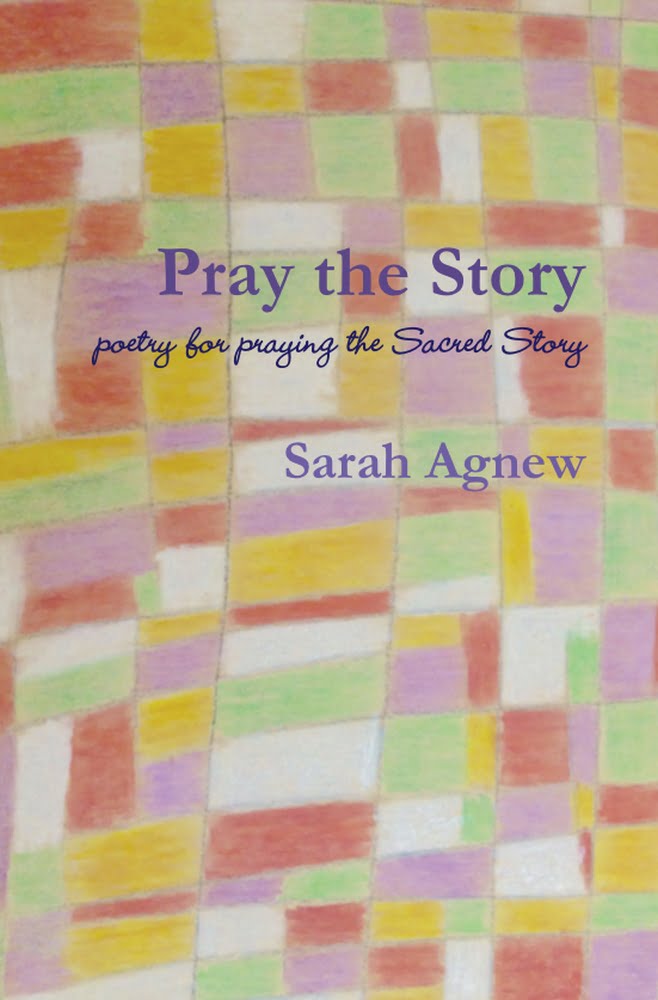
3. She remembers her people
Is Deborah’s naming of the people who stayed, sat still, settled in, a sweeping up of all the people into the victory that is the whole nation’s together? What one or two do is for all?
Commentators are curious about the second half of the portion I told for this project, from ‘Among the clans of Reuben’ to ‘settled down with his landings’.
What is Deborah singing here? Scorn or disappointment for the clans who did not rush with them into the valley against the mighty?
As I told these verses, it seemed a possibility to me that she could be celebrating the victory, and expressing gratitude for those who led them to victory. She also may be resisting the urge to elevate one group above the whole. She may (and I stress may) draw in the whole nation to share in the victory.
In which case, is there a prayerfulness about the ‘great searchings of heart’? Is Gilead not remaining apart, but holding the defences across the Jordan, and Dan and Asher doing the same on the coast of the sea?
I don’t know.
If she is positively naming the role each played, or generously (and perhaps with some forgiveness) drawing the absent into ownership of this victory, then Deborah is remembering all her people, and re-membering them into a whole.

I remember my people.
We are in lockdown again, with the virulence of the Delta strain of Covid-19. I have resumed my practice of sending a weekly pastoral letter to the congregation. In these letters, I seek to offer my voice to all the congregation members, the ministry team a focal point for the people, scattered and unable to gather in person. I seek to reflect back to the people some of the stories I hear, or the kinds of stories I am hearing, of how the people are connecting with and caring for each other; to invite them to consider their practices of care, self-care, as we hope to remain healthy as whole beings through this difficult time.
In the pastoral letters, I am remembering my people – speaking directly to them in my voice as their leader. I am reminding the people to remember each other. Thus I seek to re-member my people, by holding them together, keeping them whole.
To lead is to remember the people, to give thanks as it is due, and to hold the community together.
To lead is to carry the song
As I told this section of Deborah’s song, and engaged again with the story of Deborah, judge, prophet, leader of the people, I was invited to do so through the lens of my own experiences of leadership.
Unlike the prayer-poem I composed at another time for the story of Deborah and the battle, in which I confront the militaristic portrayals of God that feel uncomfortable at best today, with Judges 5:13–18 I skirted around the violence. Speaking from the context of congregational leadership and its challenges of holding a diverse group of people together as a whole, with the risks of a small number elevated to front and centre and the others feeling forgotten, I found in the gaps of Deborah’s song hope for remembering the wholeness of a people.
As I told this portion of Deborah’s song reflecting as being also a woman leading a community, I found connection with Deborah and Miriam in the leading of the people through song (or poetry). I connected with the leader’s task of remembering the songs of both God and people, taking every opportunity to point the people’s gaze back to God again and again, and seeking to remember all the people, in their wholeness and diverse gifts.
Storytelling as theological reflection, as reflection on ministry practice. Embodied Performance as interpretation. To lead is, indeed, to carry the song.

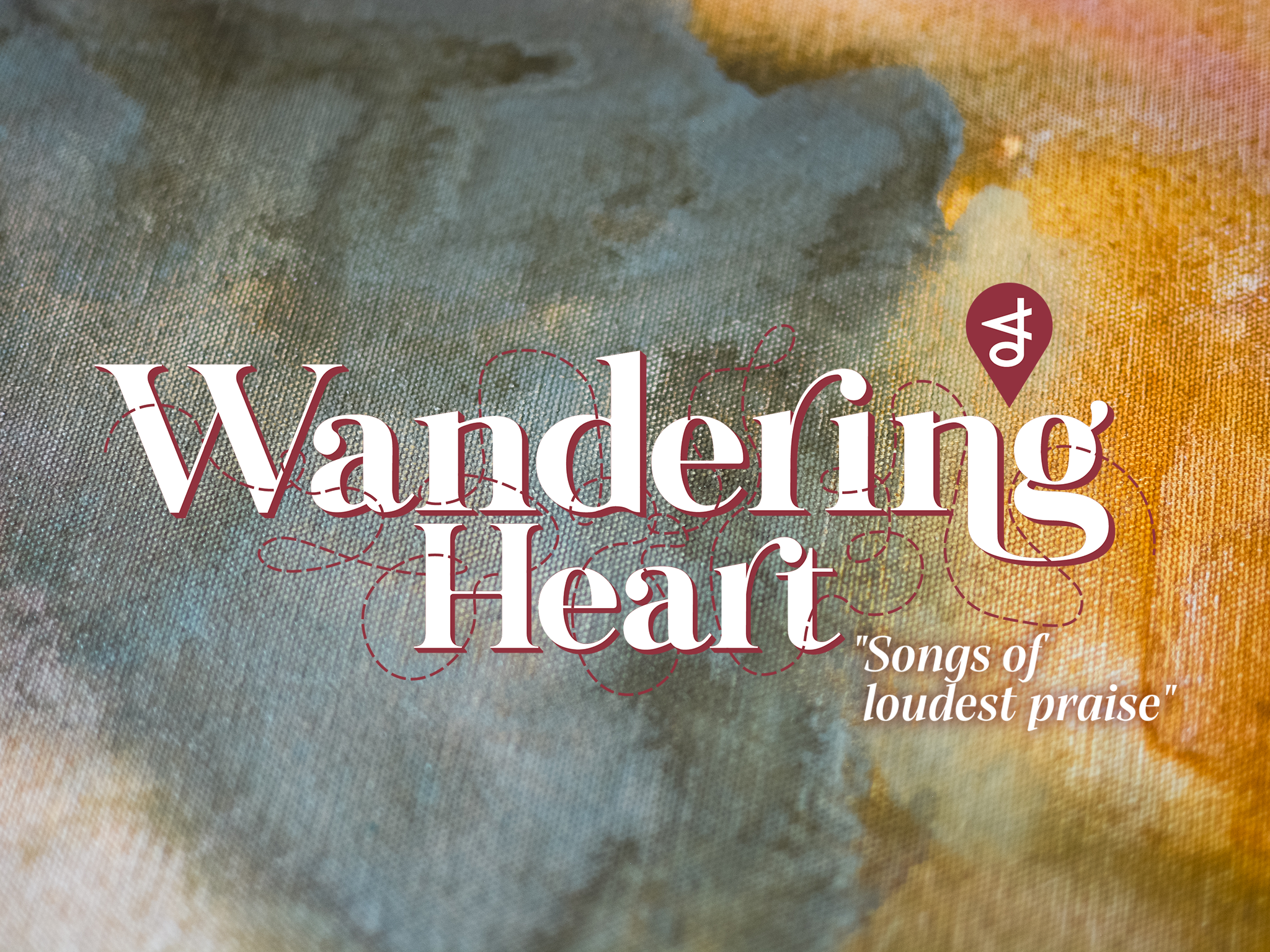
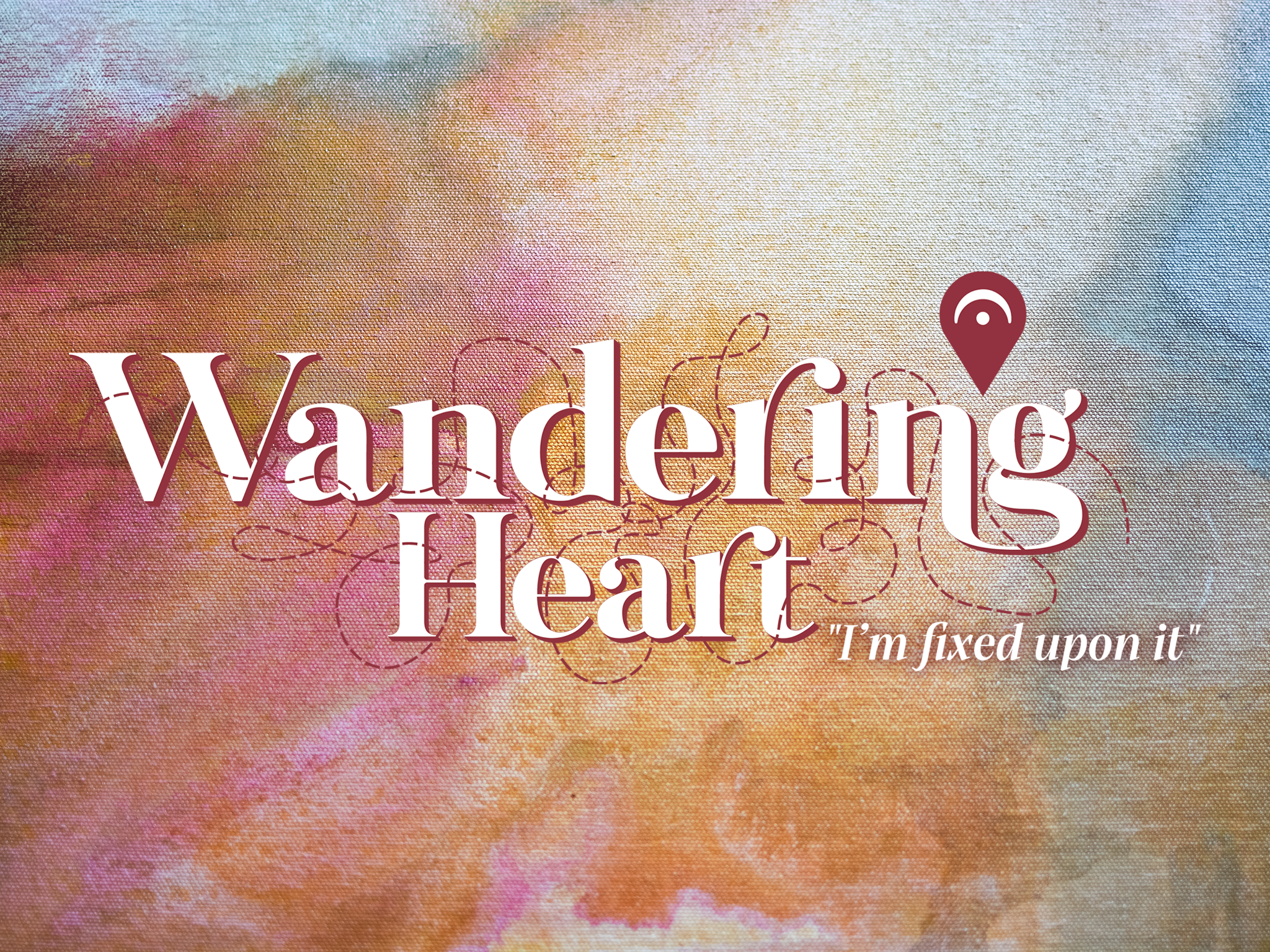
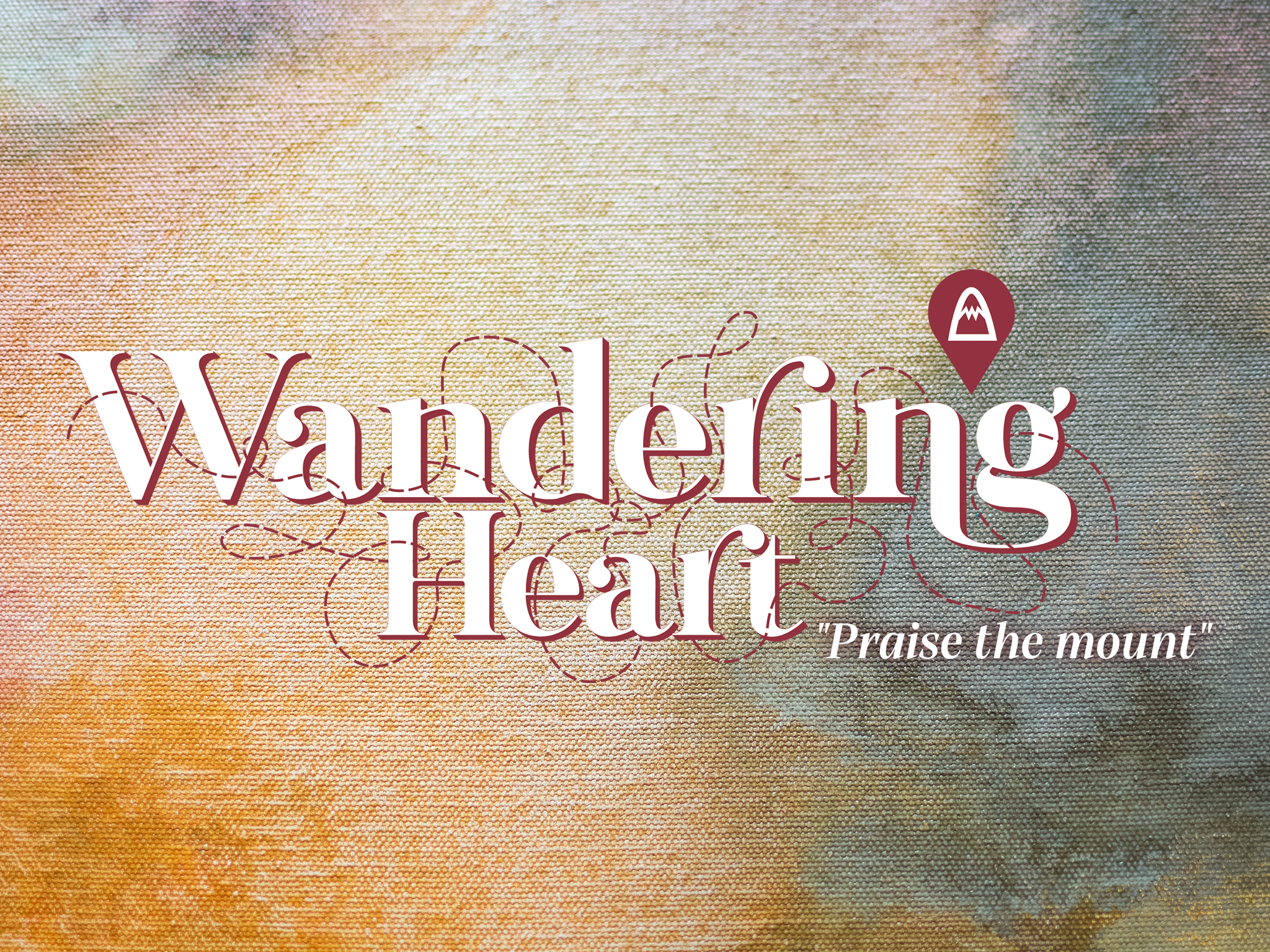
Leave A Comment